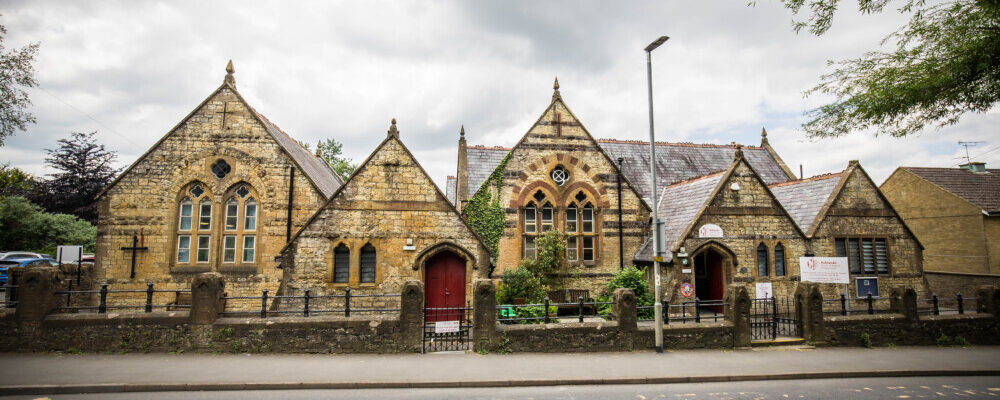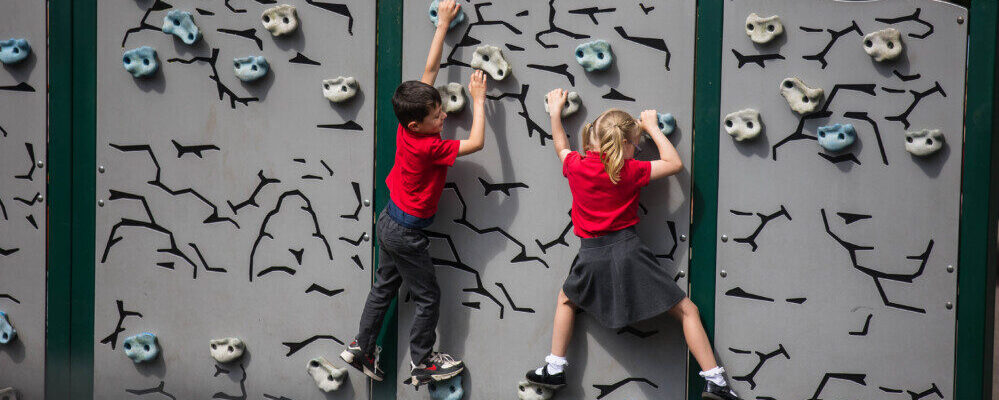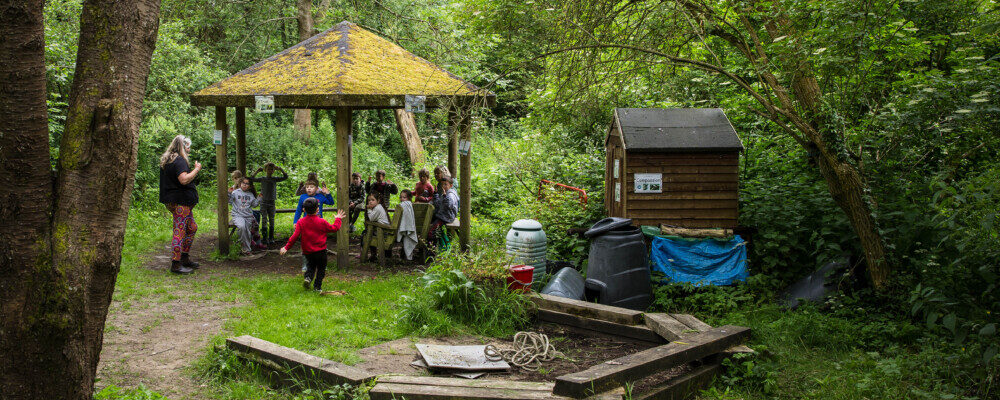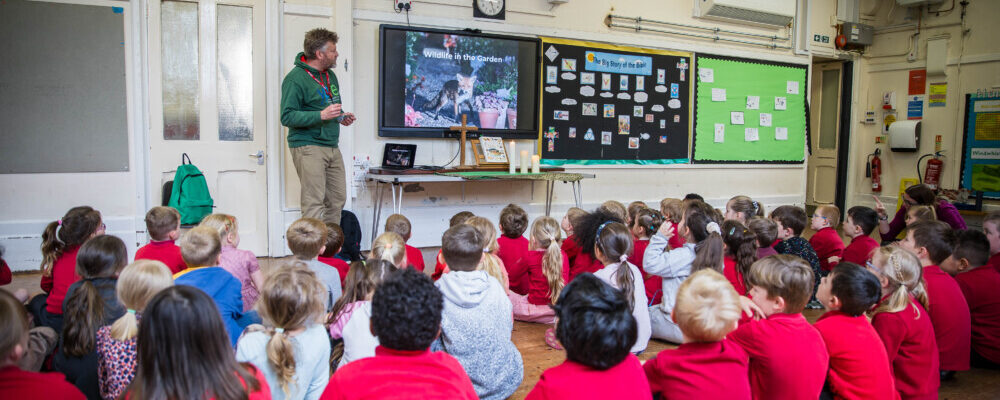History
INTENT
At Ashlands, our History curriculum aspires to offer a high-quality education that nurtures both academic excellence and the spiritual development of every child, enabling them to live life in all its fullness. We aim to help pupils gain a coherent knowledge and understanding of Britain’s past and that of the wider world, fostering curiosity and wonder as they explore human stories, achievements, and challenges throughout history. Our curriculum encourages children to ask deep and meaningful questions, to reflect critically and compassionately on the past, and to recognise the value and dignity of every individual and culture. By exploring historical narratives, we help children appreciate the complexity of the human experience and the shared values that connect people across time, empowering them to develop their own sense of identity, purpose, and moral responsibility in today’s world.
IMPLEMENTATION
At Ashlands, our History curriculum is rooted in our school vision of helping all students reach their full potential and flourish as individuals, regardless of their background, abilities, or additional needs. We design and deliver a rich, inclusive curriculum that supports both intellectual growth and the development of a deeper sense of self and connection to others.
Our curriculum follows a KS1 two-year rolling programme and a KS2 four-year rolling programme, enabling effective mixed-age teaching. These programmes outline key substantive knowledge and concept vocabulary, as well as disciplinary and chronological knowledge. This structured progression allows pupils to develop deep historical understanding over time and to see their place within the broader story of humanity.
Teachers plan engaging units of work that promote reflection on moral, social, and spiritual themes—such as justice, compassion, identity, and resilience—providing meaningful opportunities to consider life in all its fullness. Children are encouraged to explore a range of perspectives, make ethical judgements, and empathise with people from different times and cultures.
The local area is used extensively to make history tangible and relevant, with outdoor learning opportunities, artefacts, visitors, and trips enhancing children’s connection to the past. These experiences are designed to inspire awe and wonder, support personal development, and deepen spiritual awareness.
Cross-curricular links—particularly with English, Guided Reading, and other foundation subjects—are thoughtfully planned to reinforce learning and allow children to express their historical understanding in a variety of creative and reflective ways.
Vocabulary development remains a key focus. Both substantive and disciplinary vocabulary are explicitly taught, empowering all children to think and communicate like historians with confidence and clarity.
IMPACT
At Ashlands, our school values—friendship, trust, forgiveness, aspiration, compassion, and respect—are at the heart of our History teaching. Through learning about the past, children develop a deeper appreciation of what it means to be human, building a foundation for thoughtful, compassionate citizenship and spiritual growth. History at Ashlands equips children not only with knowledge and skills but also with the insight to live with integrity, empathy, and hope.
By the time children leave Ashlands, they will have:
- A strong, age-appropriate understanding of the chronology of British history and its place in the wider world
- Knowledge of significant ancient civilisations and their contributions to modern society
- The ability to make connections and understand cause and consequence
- Critical thinking and enquiry skills, including questioning, analysing evidence, and forming reasoned judgements
- The ability to write coherent historical accounts and reflect on the reliability and variety of sources
- An understanding of how history has shaped the world they live in, and how their choices can shape the future
- An increased capacity for empathy, moral reasoning, and reflection on themes that contribute to spiritual development and a fuller life
Children’s progress is carefully tracked through assessment grids in their History books, and their attainment informs future planning to ensure continuity and progression. We strive for all students to meet Age-Related Expectations (ARE) and, where possible, to achieve Greater Depth (GD), preparing them confidently for secondary school and lifelong learning.
Parents are kept informed through regular parent-teacher meetings and end-of-year reports. Senior leaders monitor teaching to ensure high standards across the curriculum. In each unit of work, we expect to see:
- Skilled, reflective questioning that encourages deeper thinking
- Inclusive access to curriculum content for all children
- Confident use of historical vocabulary
- Rich learning experiences through artefacts, visitors, and trips
- Work recorded in History books or floor books
- High-quality feedback and assessment aligned with school policy
- Children actively reflecting on and self-assessing their learning
Above all, our History curriculum encourages children to see beyond themselves, to connect with the broader human story, and to develop the understanding and values needed to live with purpose, meaning, and joy—truly embracing life in all its fullness.
The 2014 National Curriculum for History aims to ensure that all children:
- know and understand the history of these islands as a coherent, chronological narrative, from the earliest times to the present day: how people’s lives have shaped this nation and how Britain has influenced and been influenced by the wider world
- know and understand significant aspects of the history of the wider world: the nature of ancient civilisations; the expansion and dissolution of empires; characteristic features of past non-European societies; achievements and follies of mankind
- gain and deploy a historically grounded understanding of abstract terms such as ‘empire’, ‘civilisation’, ‘parliament’
- understand historical concepts such as continuity and change, cause and consequence, similarity, difference and significance, and use them to make connections, draw contrasts, analyse trends, frame historically-valid questions and create their own structured accounts, including written narratives and analyses
- understand the methods of historical enquiry, including how evidence is used rigorously to make historical claims, and discern how and why contrasting arguments and interpretations of the past have been constructed History – key stages 1 and 2
- gain historical perspective by placing their growing knowledge into different contexts, understanding the connections between local, regional, national and international history; between cultural, economic, military, political, religious and social history; and between short- and long-term timescales.







